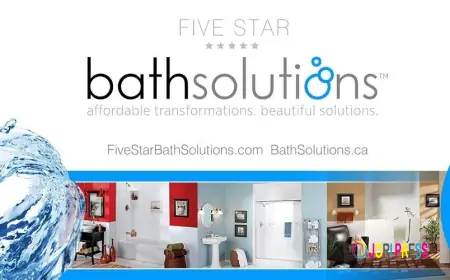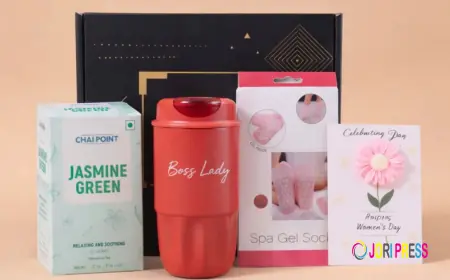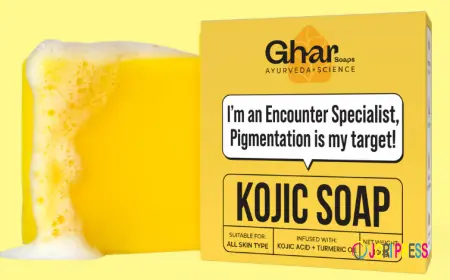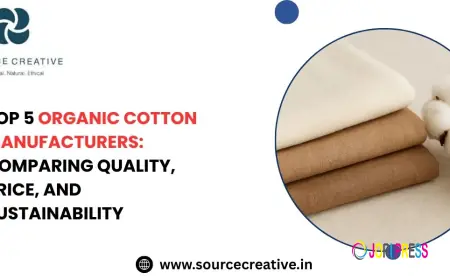What Retailers Should Know About Importing Beauty Products in Bulk
Discover the key insights, legal requirements, and sourcing strategies every B2B retailer needs when importing beauty products.
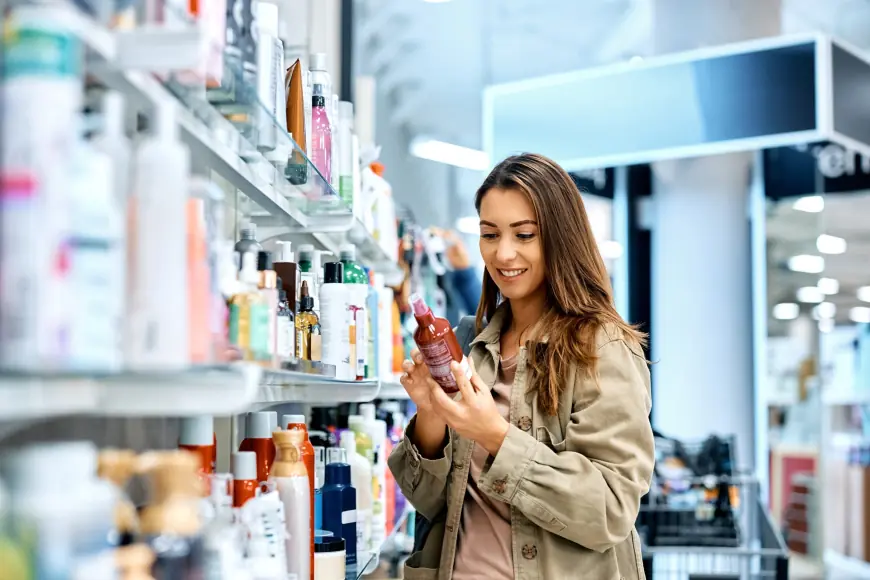
Why Bulk Beauty Imports Matter for B2B Retailers
The beauty and wellness industry continues to boom—and so does the demand for wholesale beauty products. Retailers, especially in Europe and the UK, are tapping into international suppliers to stock up on trending skincare, haircare, and wellness goods at competitive prices. Importing beauty products in bulk isn’t just about stocking more—it’s about better margins, wider assortments, and building trust with conscious consumers who want value and variety.
For B2B buyers, it also presents a critical opportunity: you can meet the needs of niche boutiques, beauty salons, or chain retailers by offering exclusive or hard-to-find items not readily available in local markets. However, the process involves far more than adding items to a cart. Understanding regulations, logistics, and supplier quality is key to success.
Understanding What 'Bulk Importing' Actually Involves
When we talk about importing beauty products in bulk, we’re referring to purchasing large volumes directly from manufacturers or authorized distributors, usually from overseas markets. These products might be shipped from Asia, Eastern Europe, or the United States, depending on trends and cost efficiencies. The goal is to secure better per-unit pricing, increase inventory variety, and offer private or white-label options to your B2B clients.
But bulk importing isn’t just a purchasing tactic—it’s a logistics operation. You’re responsible for customs documentation, duties, and compliance. One missed step can lead to stock being delayed or denied entry entirely.
Legal and Safety Compliance: Your First Priority
Every country has strict import laws for cosmetics, especially when it comes to skin contact, allergens, and product safety. Retailers importing into the EU or UK must ensure all products are compliant with local cosmetic safety regulations. This includes ingredient transparency, labeling laws, and safety assessments.
For example, EU law requires cosmetics to follow the Cosmetic Products Regulation (EC) No 1223/2009, which mandates safety assessments, product information files, and clearly labeled ingredients using INCI standards. If you're importing facial creams or makeup, they need to be registered in the Cosmetic Products Notification Portal (CPNP) before sale.
Neglecting this can result in product recalls or legal fines—costly both in money and brand trust.
Labeling and Ingredient Transparency
One of the most overlooked but critical aspects of importing beauty products is proper labeling. Your products must have:
-
Ingredient lists in the appropriate language (INCI format for Europe)
-
Batch numbers and expiration dates
-
Responsible party address in the destination market
-
Any required warnings (especially for products containing allergens or acids)
Even private-label or white-label products must meet these standards. The look of your label might be up to you—but the details are governed by law.
Duties, VAT, and Import Tax: Factor These Into Your Margins
Many first-time importers forget that the product price is only one part of the cost. You'll also need to budget for:
-
Customs duties, which depend on the HS code classification of your goods
-
Value Added Tax (VAT) upon import
-
Port handling or customs broker fees
Let’s say you’re importing 1,000 units of argan oil-based face cream from Turkey. Your cost per unit may look great on paper, but without factoring in the 6.5% duty, 20% VAT, and freight fees, your profit margin could disappear.
A clear understanding of landed cost—what you pay once the product arrives at your warehouse—is essential for pricing strategy.
How to Choose the Right Beauty Product Supplier
Importing starts with the right supplier. You’ll want partners who are not only reputable but also experienced in exporting beauty products to your destination market. This reduces the risk of delays, compliance issues, or poor product quality.
Here’s what to look for:
-
Experience with your destination country’s regulations
-
Ability to provide compliance certifications (e.g., safety reports)
-
Transparent pricing and shipping terms
-
Minimum Order Quantities (MOQs) that match your capacity
-
Communication in clear English or your local language
-
Flexibility with private label or custom formulations
Private Label vs. Branded Products: Which One Should You Import?
For many B2B retailers, private-label beauty products offer better profit potential. You can customize packaging, control branding, and often negotiate better margins.
However, branded products come with built-in consumer trust, especially if they’re well-known internationally. They’re ideal for retailers that want quicker turnover and less marketing investment upfront.
Your decision should reflect your audience. Are you selling to boutique spas that value unique offerings, or chain retailers that trust name-brand appeal?
Importing Niche Products? Check Ingredient Restrictions First
Natural, vegan, or organic cosmetics are in high demand—but they can also come with tricky ingredient restrictions. Some ingredients used in the U.S. may be banned in the EU. This includes certain preservatives, colorants, or animal-derived ingredients.
Make sure your supplier understands these regulations and provides an ingredients list before shipment. It's always better to catch an issue early than be stuck with unusable stock at customs.
Stay Updated on Market Trends and Regulatory Changes
Global beauty standards are evolving fast. For instance, there’s growing pressure on microplastic bans, animal testing policies, and sustainability mandates. Staying updated with regulatory resources is a smart move.
A good place to monitor developments is CosmeticsDesign-Europe, which offers updates on EU law, ingredient trends, and industry insights for B2B sellers.
The Role of Beauty Wholesalers in Streamlining Imports
If importing directly seems complex or risky, consider partnering with a beauty wholesaler based in your market. Many of them import bulk products themselves and sell to you at wholesale rates—saving you the legwork on compliance and customs.
It’s especially helpful for startups or retailers with lower order volumes who still want access to international beauty product lines. Working with a beauty product supplier who’s local but globally connected can reduce your upfront risk while offering a gateway into future direct imports.
Conclusion: Importing Smart, Selling Smarter
Importing beauty products in bulk can be your key to competitive pricing, exclusive inventory, and strong branding—but only if done right. From vetting your suppliers and understanding compliance rules to managing costs and logistics, every step counts. Retailers who take the time to learn the process, build relationships, and stay informed will gain a serious edge in the growing beauty & wellness space.
Whether you're eyeing wholesale cosmetics and beauty products for your next launch or expanding your current catalog, the success of your B2B retail operation depends on how well you handle sourcing. Remember, it’s not just about filling shelves—it’s about filling them smartly.
Elevate your beauty and wellness offerings today—explore bulk sourcing with Thokmandee, your trusted partner for wholesale success.
FAQs
1. What documents are required when importing beauty products into the UK or EU?
You'll typically need a Safety Assessment, Product Information File (PIF), labels in INCI format, and import documentation including HS codes and invoices.
2. Is it better to work with a local beauty wholesaler or import directly from manufacturers?
It depends on your business model. Local wholesalers simplify logistics and compliance, while direct imports offer better margins and customization—if you’re ready to manage the process.
3. Are there restrictions on importing organic or natural cosmetics?
Yes. You must ensure that ingredients meet EU or UK safety standards, and you may need organic certification for marketing claims. Some natural substances are banned due to allergens or toxicity risks.
4. Can I import private-label beauty products in bulk and sell them under my brand?
Absolutely. Just make sure the supplier provides legal documentation, and that your label complies with destination regulations. This is a popular route for indie beauty retailers.
5. How can I stay updated on beauty industry import laws?
Follow regulatory bodies and trade portals like CosmeticsDesign-Europe, which frequently publishes updates on EU compliance, sustainability, and ingredient safety.
What's Your Reaction?
 Like
0
Like
0
 Dislike
0
Dislike
0
 Love
0
Love
0
 Funny
0
Funny
0
 Angry
0
Angry
0
 Sad
0
Sad
0
 Wow
0
Wow
0











